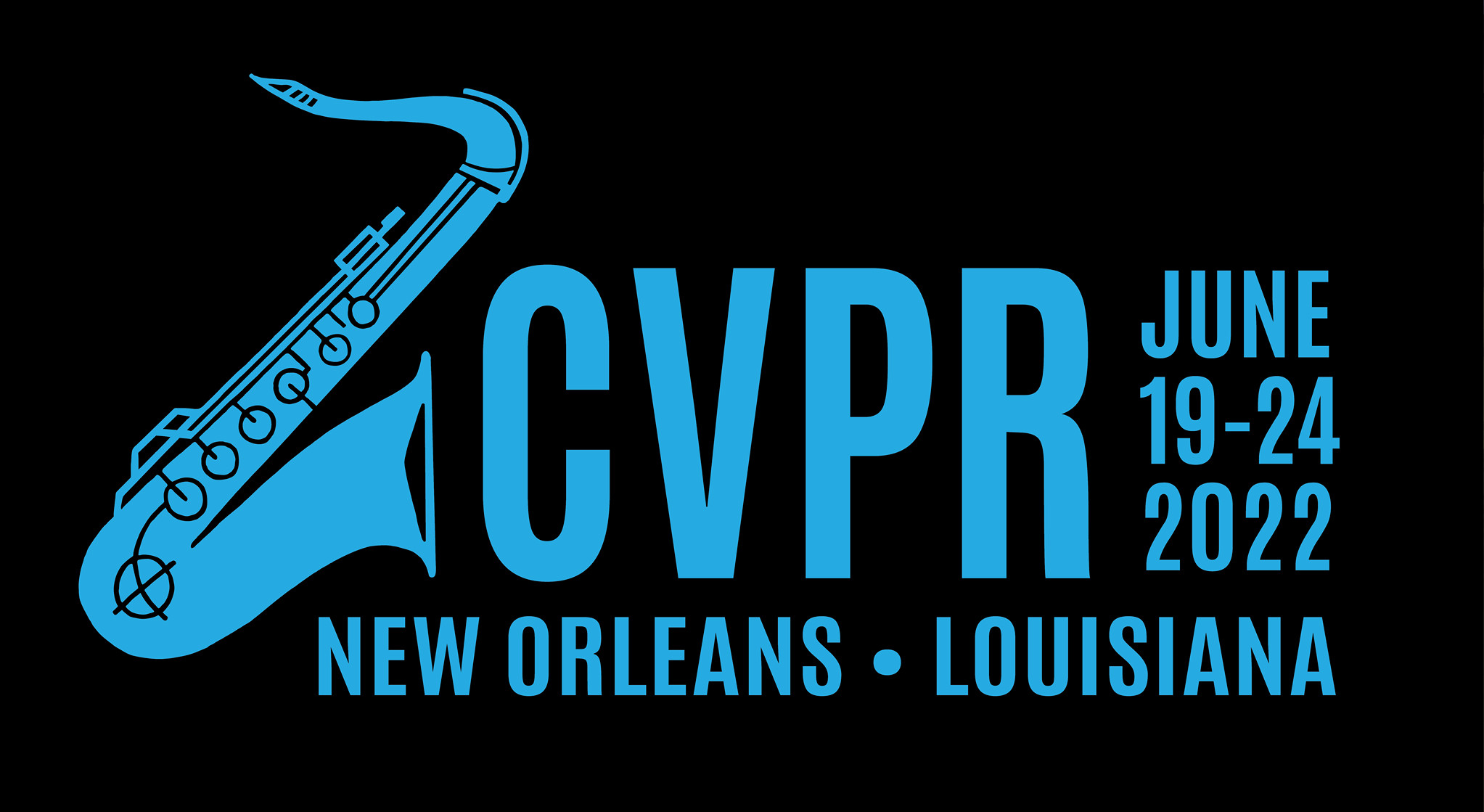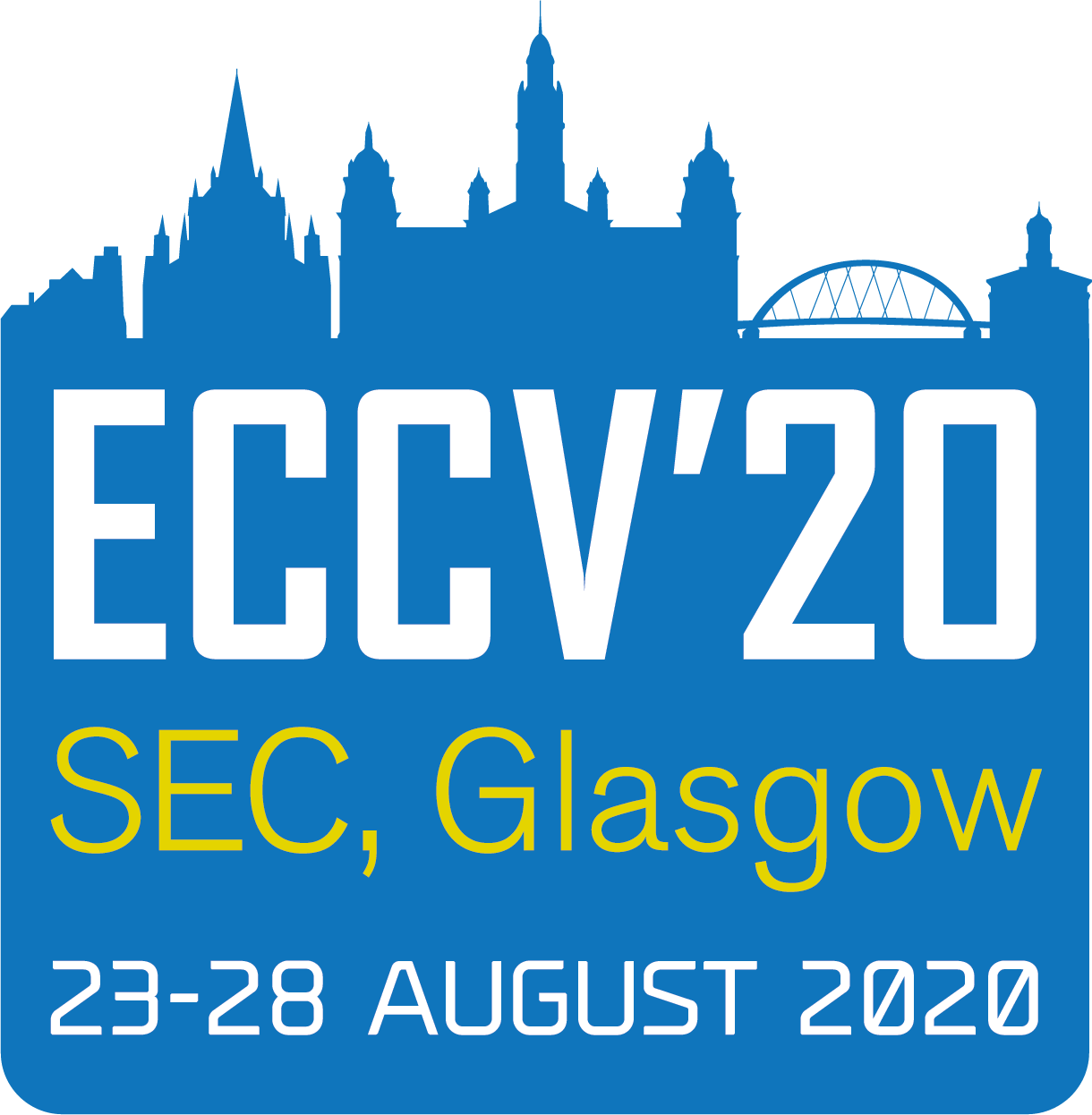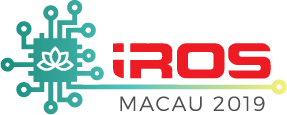Workshops
Upcoming

Past
 Our 2022 iteration of the Robotic Vision Scene Understanding Challenge iteration hosted at the 2022 Embodied AI Workshop within the 2022 Conference on Computer Vision and Pattern Recognition (CVPR), in coordination with 12 other embodied AI challenges supported by 12 academic and research organizations. The details for the challenge that was run can be found on the CVPR 2022 challenge website.
Our 2022 iteration of the Robotic Vision Scene Understanding Challenge iteration hosted at the 2022 Embodied AI Workshop within the 2022 Conference on Computer Vision and Pattern Recognition (CVPR), in coordination with 12 other embodied AI challenges supported by 12 academic and research organizations. The details for the challenge that was run can be found on the CVPR 2022 challenge website.
 Our 2021 iteration of the Robotic Vision Scene Understanding Challenge iteration hosted at the 2021 Embodied AI Workshop within the 2021 Conference on Computer Vision and Pattern Recognition (CVPR) conference, in coordination with 8 other embodied AI challenges supported by 15 academic and research organizations. The details for the challenge that was run can be found on the CVPR 2021 challenge website.
Our 2021 iteration of the Robotic Vision Scene Understanding Challenge iteration hosted at the 2021 Embodied AI Workshop within the 2021 Conference on Computer Vision and Pattern Recognition (CVPR) conference, in coordination with 8 other embodied AI challenges supported by 15 academic and research organizations. The details for the challenge that was run can be found on the CVPR 2021 challenge website.
 Our workshop on Scene Understanding and Semantic SLAM: Progress, Applications, and Limitations discussed the current progress, applications, and limitations of robotic scene understanding and semantic simultaneous localization and mapping (SLAM). We were motivated by the quickly accelerating appearance new research outputs that investigate how classical SLAM techniques and deep-learning based visual object detection or segmentation can be combined in innovative ways, and used to support scene understanding, navigation, and manipulation.
Our workshop on Scene Understanding and Semantic SLAM: Progress, Applications, and Limitations discussed the current progress, applications, and limitations of robotic scene understanding and semantic simultaneous localization and mapping (SLAM). We were motivated by the quickly accelerating appearance new research outputs that investigate how classical SLAM techniques and deep-learning based visual object detection or segmentation can be combined in innovative ways, and used to support scene understanding, navigation, and manipulation.
 Beyond mAP: Reassessing the Evaluation of Object Detectors discussed new evaluation methods for visual object detection, addressing the shortcomings of established techniques concerning issues such as the trade-off between localisation and classification performance, analysis in open-set conditions, uncertainty, and calibration. The workshop hosted the 3rd Probabilistic Object Detection Challenge after its appearances at CVPR2019 and IROS2019.
Through this workshop we aimed to establish the best practices and approaches that can be used to evaluate object detection systems and continue their applicability and relevance to real-world use-cases.
Beyond mAP: Reassessing the Evaluation of Object Detectors discussed new evaluation methods for visual object detection, addressing the shortcomings of established techniques concerning issues such as the trade-off between localisation and classification performance, analysis in open-set conditions, uncertainty, and calibration. The workshop hosted the 3rd Probabilistic Object Detection Challenge after its appearances at CVPR2019 and IROS2019.
Through this workshop we aimed to establish the best practices and approaches that can be used to evaluate object detection systems and continue their applicability and relevance to real-world use-cases.
 The Importance of Uncertainty in Deep Learning for Robotics was the topic of our workshop at IROS 2019.
Invited speakers and contributed papers discussed the importance of uncertainty in deep learning for robotic perception, but also action. We publicly presented our work towards a new Scene Understanding challenge for the first time.
The Importance of Uncertainty in Deep Learning for Robotics was the topic of our workshop at IROS 2019.
Invited speakers and contributed papers discussed the importance of uncertainty in deep learning for robotic perception, but also action. We publicly presented our work towards a new Scene Understanding challenge for the first time.
 We are organised a competition and workshop at CVPR 2019, introducing the probabilistic object detection challenge. Four participating teams presented their approaches and results. More details and links to their papers can be found on the workshop website.
We are organised a competition and workshop at CVPR 2019, introducing the probabilistic object detection challenge. Four participating teams presented their approaches and results. More details and links to their papers can be found on the workshop website.